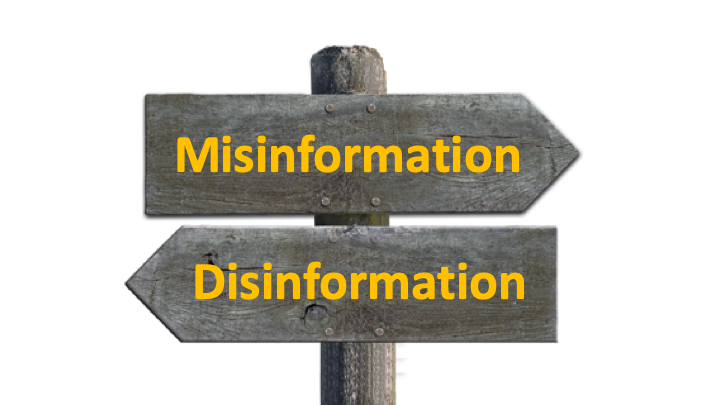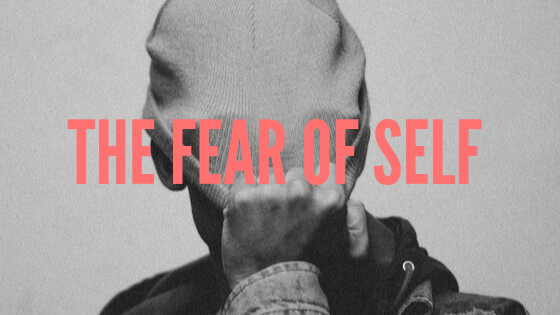
The Fear of Self; Why are we so Afraid?
- Blog Updates, Hear 2 Help You, Standard Blog
- experiences, fear, life, self, selfawareness
- September 19, 2019
The Fear of Self
Today, we are going to start a journey with you that some of you may already be on, started then got sidetracked, or never begun. We are going to start a journey called Self-Exploration. Sometimes people just dread taking an honest look at themselves because they are afraid of what they are going to see. Our aim is to alleviate some of that stress, help our community take the plunge.
Here is how we are going to do it
In these first two segments, we are going to look at some ideas circulating life, and how we live it.
In the third segment, we are going to do an exercise that will help with beginning this process, and in the last segment, we are going to provide questions for you that will allow you to make a map for this journey.
While you are going through the show today, we recommend pausing the video at times to take a moment to think about some of the questions that will be presented.
As always we will provide some dialogue to follow along below.
[wonderplugin_video iframe=”https://youtu.be/bitJcDwAaR8?t=93″ lightbox=0 lightboxsize=1 lightboxwidth=960 lightboxheight=540 autoopen=0 autoopendelay=0 autoclose=0 lightboxtitle=”” lightboxgroup=”” lightboxshownavigation=0 showimage=”” lightboxoptions=”” videowidth=600 videoheight=400 keepaspectratio=1 autoplay=0 loop=0 videocss=”position:relative;display:block;background-color:#000;overflow:hidden;max-width:100%;margin:0 auto;” playbutton=”https://hear-2-help.com/wp-content/plugins/wonderplugin-video-embed/engine/playvideo-64-64-0.png”]
Introspection
Have you ever been unable to answer the question, How do you feel?
Some of you may have had problems with this question because for years we have been suppressing our feelings and hiding them form others. Doing this has cut you off from your own internal dialogue and emotional responses. This is why Introspection is very important.
So what exactly is introspection?
Introspection is just a fancy word for understanding your own mental and emotional state.
The only way to understand your own mental and emotional state is to start asking yourself some questions, and we will be providing you with many.
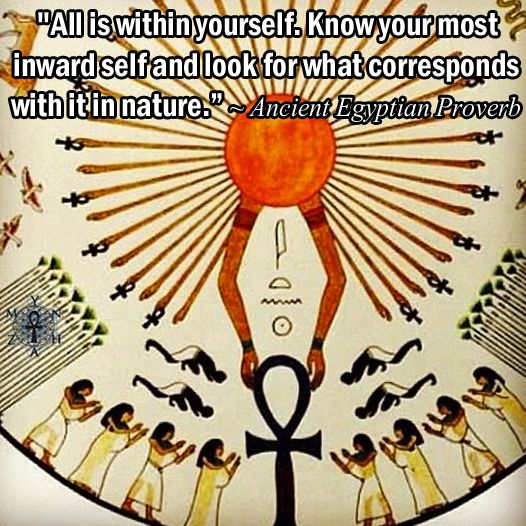
What do you want?
Let’s start with something simple, what do you want out of life?
Try to answer this question honestly. Don’t tell me what your parents want, your spouse wants, what do you want?
People talk about goal setting. However, how are you going to set goals if you have no idea what you want. Really think about it, regardless of age or thoughts of limitations.
Now that you have begun to think about what you want out of life. Let us start looking at all that must be considered on this journey of learning self.
Disheartening
You will be faced with disheartening events from loneliness, depression, or unfair treatment at the hands of others. Understand that adversities, difficult as they are to get through, can enrich your life.
Alone in Skin
We must face the fact that we are ultimately alone inside our skin. Also, we must understand that we have freedom of choice but that exercising this freedom requires us to take responsibility for the consequences of our choices.
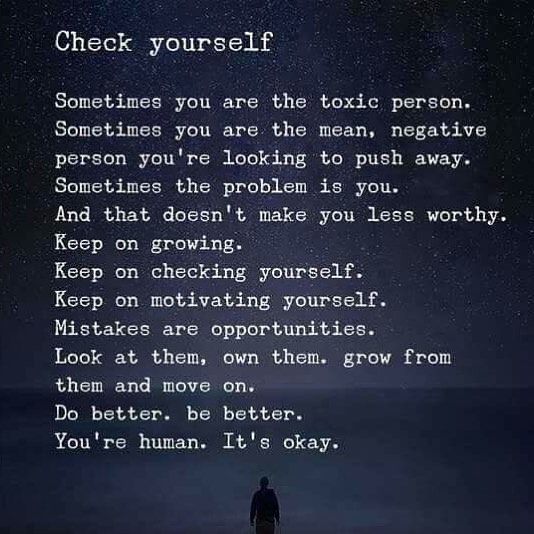
Victim Mentality
How does the victim look? We ask this question in order for us to to be aware of people in your life who may be like this. Why do we have them in your life, and what this may say about us?
Victims may feel like they are in control of others, because they are able to have other comfort them. In actuality, as a victim we give up a great deal of our freedom to explore more constructive possibilities for our life.
An advantage for an individual who feels like a victim is they may enjoy righteous indignation, and may feel moral superiority. Another advantage they may see is their control of others through guilt that they induce in them.
Paranoia
Some disadvantages for an individual who feels like a victim is that when they project blame it can lead to paranoia. They begin to suspect people of being untrustworthy, or even “Out to get us!” They may begin to see themselves as helpless and gradually give up our ability to make changes that would improve our lives.
One way to avoid falling into the victim trap is observe and take in examples of people who have suffered worst setbacks and have achieved personal success in spite of serious limitation.
Madness
Question for you to think about:
Have you ever enjoyed the role of the victim?
Try to think of an instance when you have had the opportunity to make demands upon others because of your underdog status.
Who are your role models? Who is one person you could use as a model who has overcome an obstacle worse than any you have encountered in your life?
The Johari Window
Developed in the 1950’s by American psychologists Jospeh Luft and Harry Ingham. The model has become widely used to help people understand the relationships that they have and for improving communication.
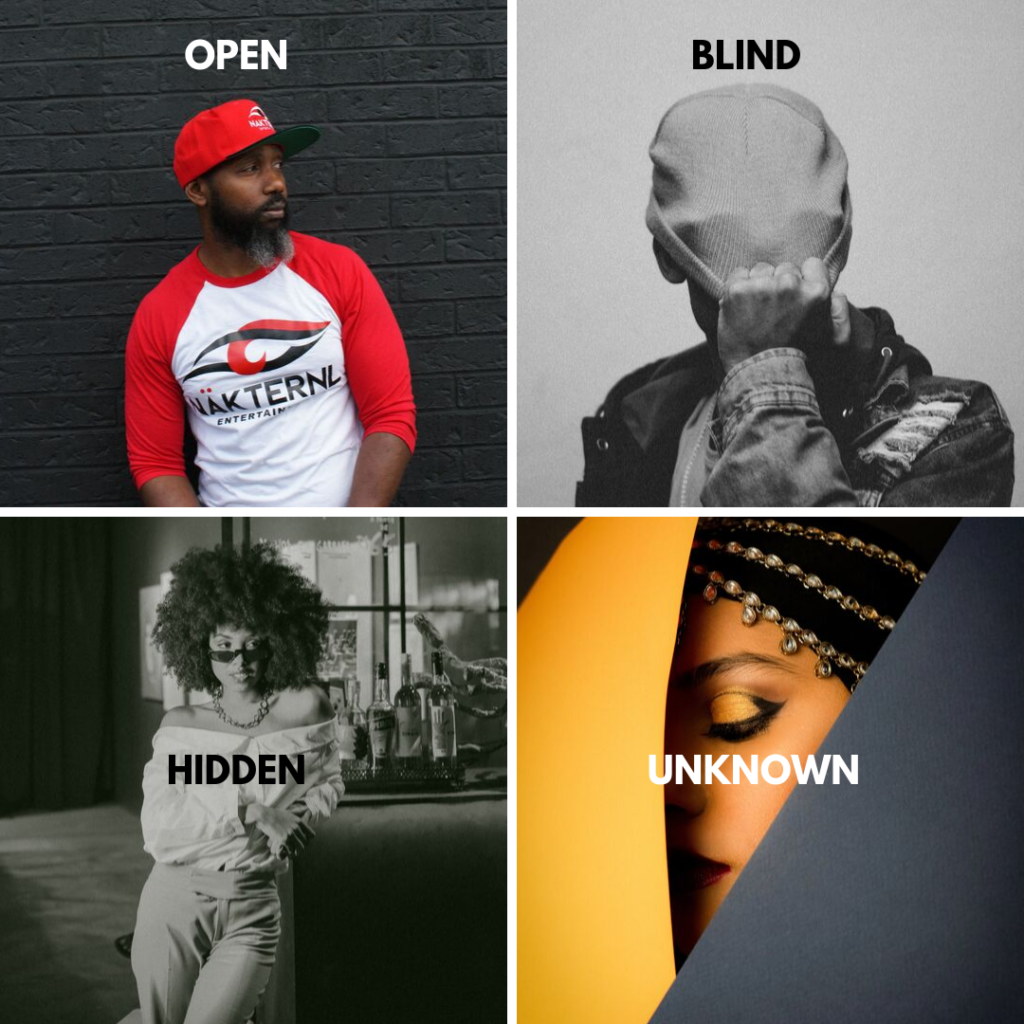
These four boxes represent everything there is to know about you, which will include such things as your values, your interests, and your likes and dislikes.
Quadrant 1 Open
Is the area of free activity, or open area. It represents behaviours, feelings, and motivations known to ourselves and to other people.
Quadrant 2 Blind
Is the blind area. It represents a situation in which other people can see things in us of which we are unaware.
Quadrant 3 Hidden
Is the avoided or hidden area. It represents things that we know but that we do not reveal to other people (hidden agendas, or strategies, or matters about which we have sensitive feelings)
Quadrant 4 Unknown
Is the area of unknown activity. It represents an area where neither we nor other people are aware of certain motives or feelings that are in us. Yet we can assume that they exist because eventually some of these things become known, and we then realize that these unknown motives or feelings were influencing our relationships all the time.
Now here is how change can affect our lives
A change in one quadrant will affect all other quadrants.
Introspection tends to increase Quadrants 1 and 3.
Interpersonal learning means a change has taken place so that Quadrant 1 is larger and one or more of the other quadrants has grown smaller.
The smaller Quadrant 1 is, the poorer the communication.
There is a universal curiosity about the area of the unknown to either self or others (Quadrant 4) but this is usually held in check by customs, social training, and or fear.
Sensitivity means appreciating the covert aspect of behaviour in Quadrants 2, 3, and 4 and respecting the desire of others to keep them so.
When the hidden or avoided area (Quadrant 3) is reduced, usually through self-disclosure, less energy is tied up in defending this area.
A key assumption is that as Quadrant 1 increases, a person will experience greater satisfaction with his or her work and social interactions.
Reflection time?

This is the part where you get to ask yourself some very important questions.
Do you consider yourself responsible for how your life is going right now?
What do you want for yourself from this experience that we call life?
Think about what problems and personal concerns you are willing to explore.
Identify one goal for yourself that you intend to accomplish in the next day, week, month, 3 months, 6 months, year.
Complete the following sentences: “ In general, I view life as… “What I want most in life is…”
We hope that today’s show was able to assist with the process of alleviating some of that fear when dealing with the self. As always we like to hear from our viewers out there who may by undertaking this process. What are some of your challenges and success stories? Also, note to self: you are never alone in this process.
Thank you for tuning in. See you all next week.
Also, don’t forget that you could check out our previous blogs here.

